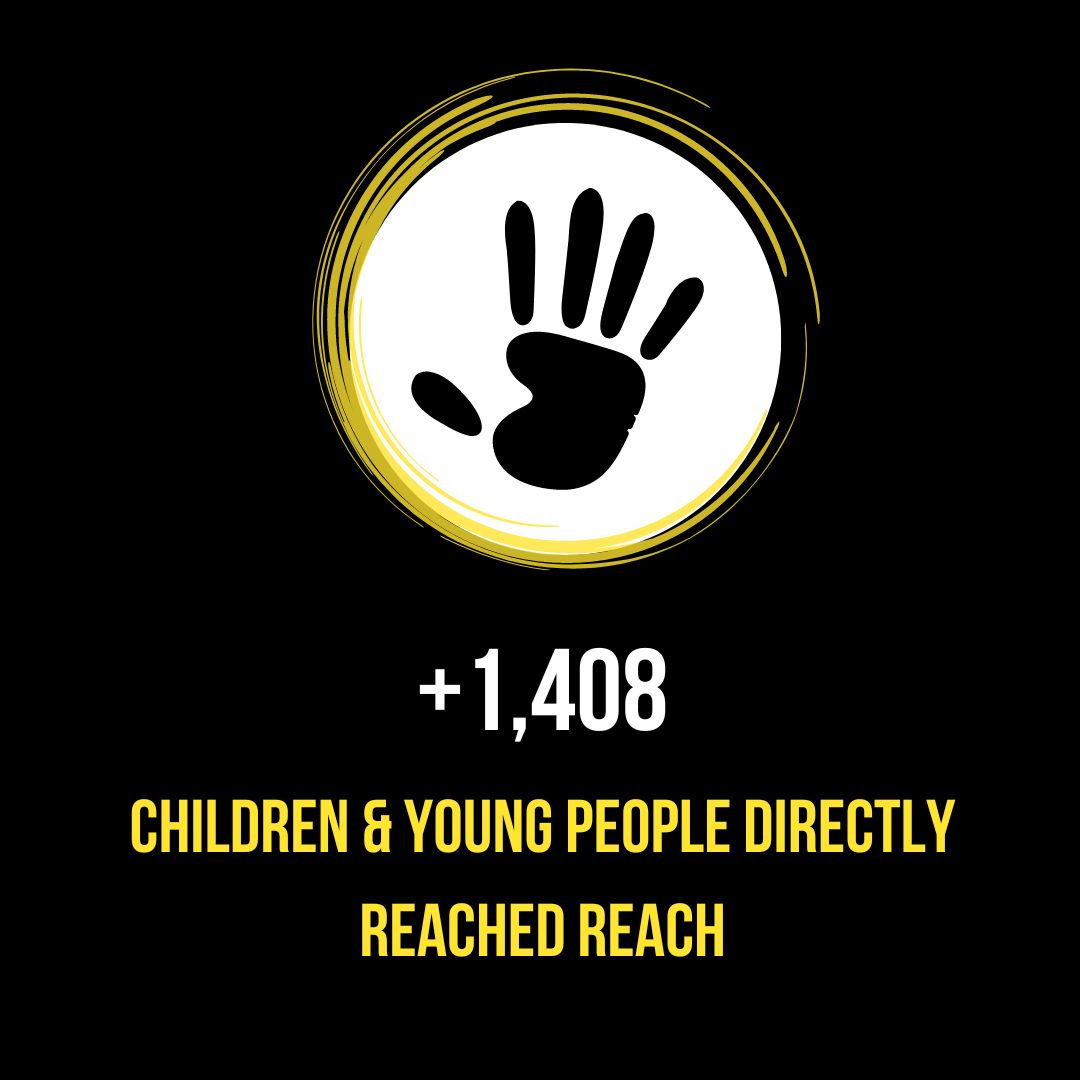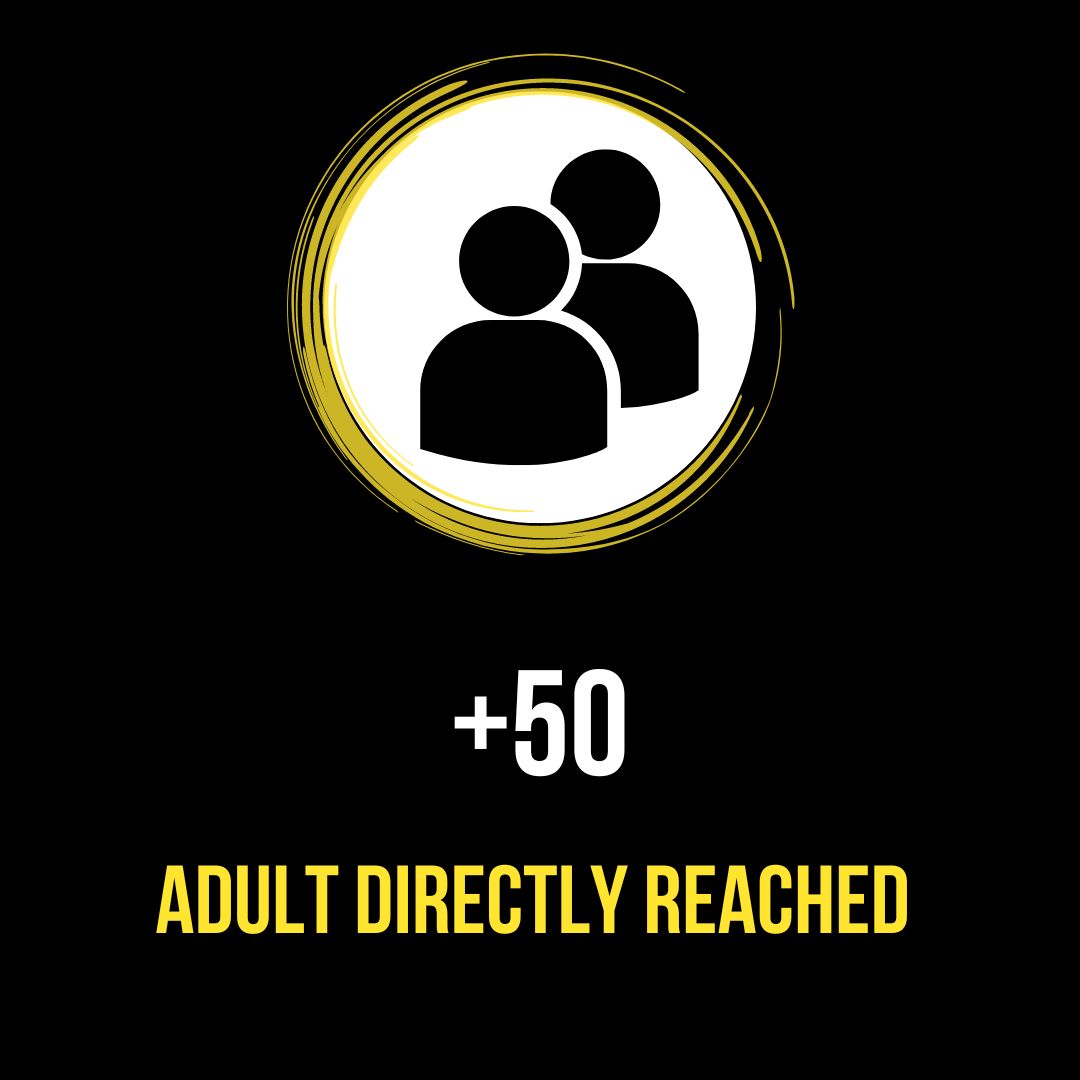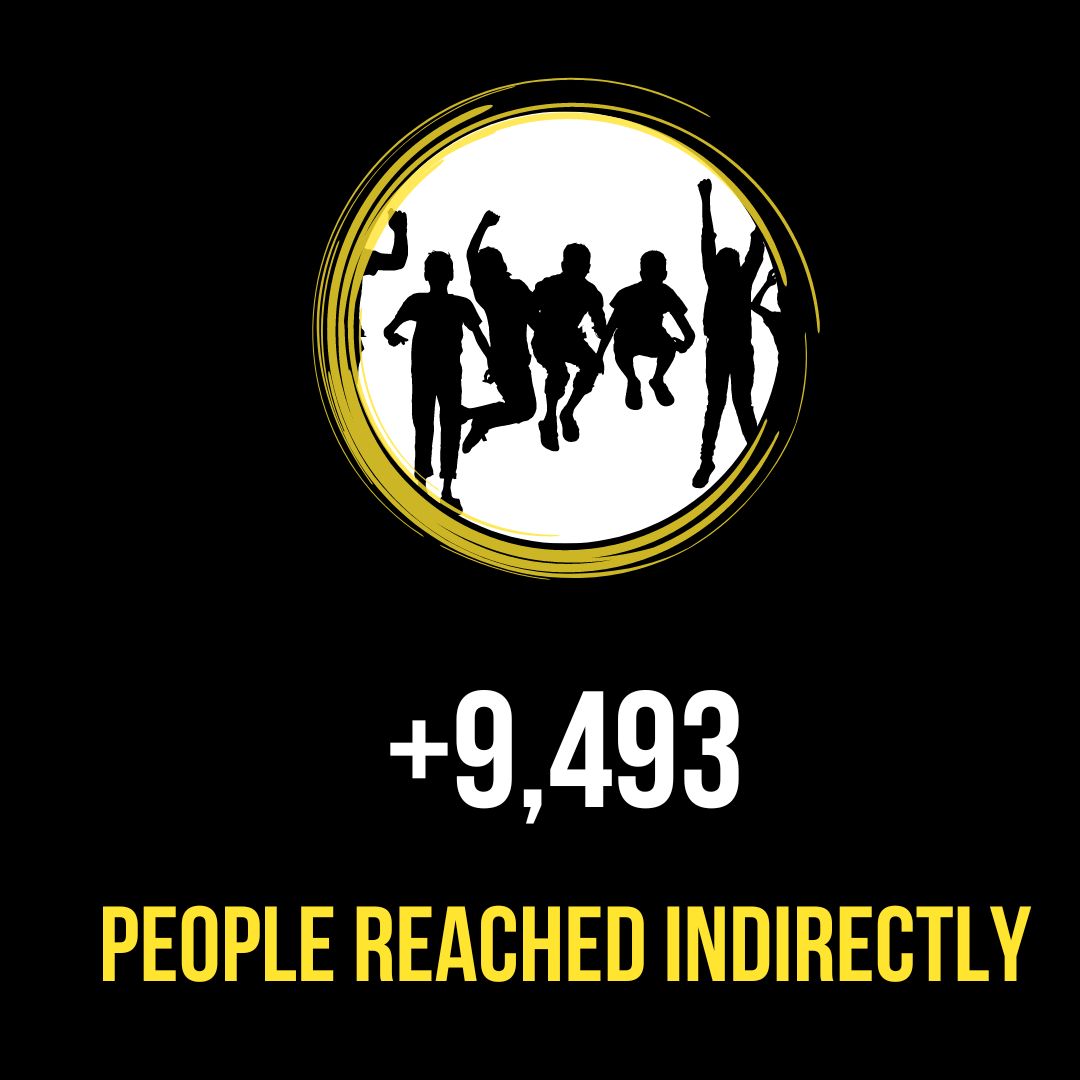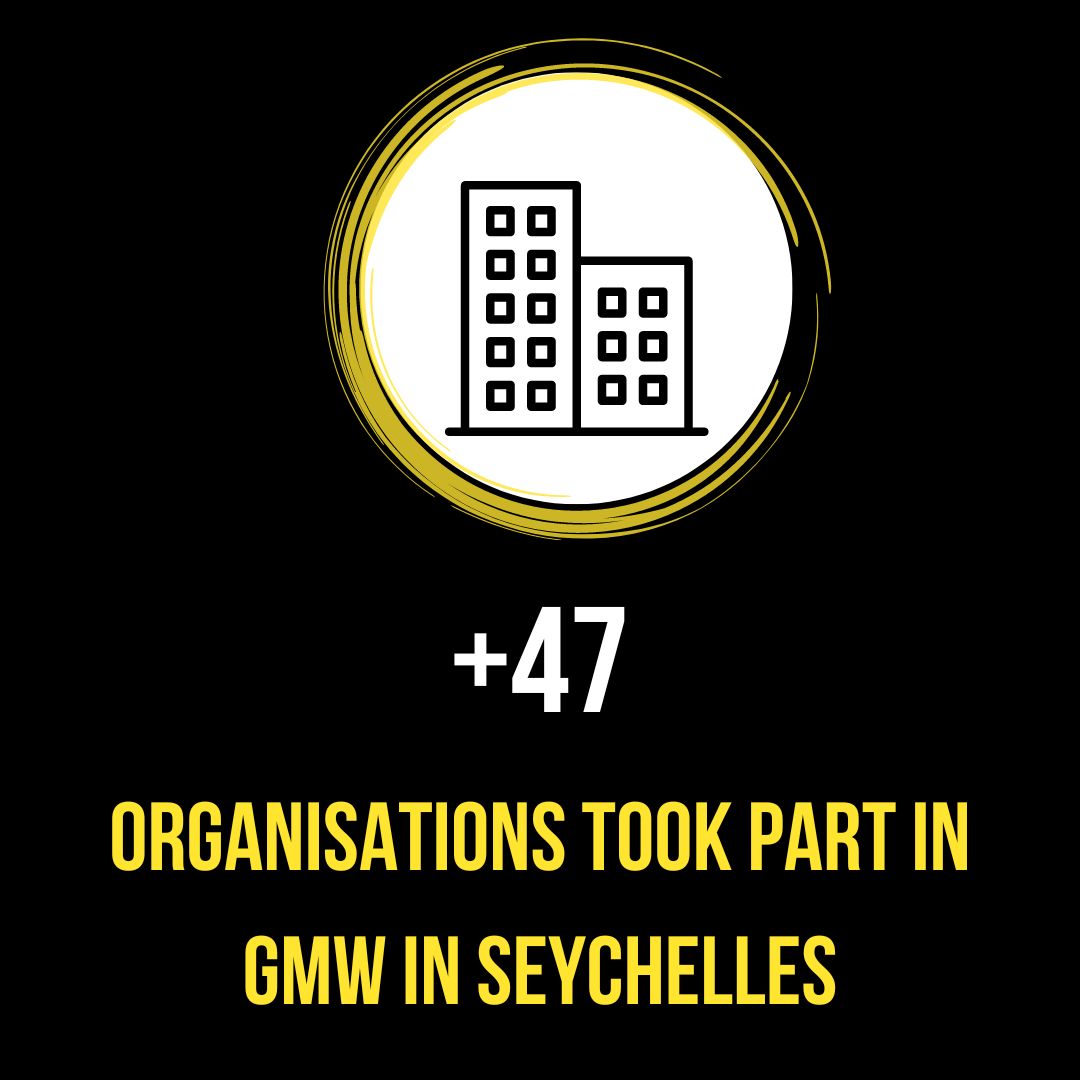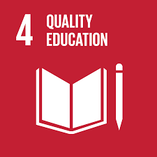scroll
5 Years of Global Money Week in Seychelles
Background
Lack of financial literacy impacts the well-being of the country as individuals make less than ideal financial decisions; whether it is living beyond one’s means, borrowing without understanding the extent of indebtedness or not planning for the future. The Financial Literacy Baseline Survey conducted in Seychelles highlighted that despite high usage of banking products among the Seychellois population, there is room for improvement to enhance the financial capabilities of individuals so that as a country we can become more resilient to shocks. It is clear that when families improve their knowledge on money matters, they can better plan their income and expenses for their household and ultimately improve their living standards. This does not mean financial literacy should only focus on the income earners i.e. adults but instilling good financial skills from a young age will lead to merits in the child’s future as well.
Our Intention
We believe that today’s children and youth should become empowered economic citizens, capable of understanding the importance of saving, and equipped with the skills to be employed and create their own livelihoods. We want young people to learn to manage their money wisely. By empowering children and youth, we can help them create a positive wave that will expand from themselves, to their families and to entire communities.
Why we celebrate GMW?
The majority of people in Seychelles know about financial products and services and have access to them, but may not fully understand how to use and evaluate these services. The findings of the baseline survey conducted by the Central Bank of Seychelles revealed that about 84% of adults know how much they earn. However, only 42% know how they spend. In addition 40% claim to sometimes, often or always run out of money each month. Although the survey was not targeted on youth, it shows an urgency for financial education, especially at the youngest age possible. Through Financial Education greater people will develop skills and knowledge to allow them to make informed and effective decisions with all of their financial resources.
Objectives
- Create an awareness about finance and how to distinguish the needs and the wants.
- To educate young people about the finance sector and the benefits it brings to our country.
- Encourage the students to save more or even learn effective spending.
- Explore the different career choices in the finance sector.
- Ensuring that youth is more financially literate.
Targeted SDGs
|
SDG 4. 7 By 2030, ensure that all learners acquire the knowledge and skills needed to promote sustainable development, including, among others, through education for sustainable development and sustainable lifestyles, human rights, gender equality, promotion of a culture of peace and non-violence, global citizenship and appreciation of cultural diversity and of culture’s contribution to sustainable development
|
A word of advice about Personal Finances
Having your financial affairs in order is one of those aspects of life that we don’t usually get a grip on until later on in life when responsibilities kick in and we really don’t have a choice but to carefully look after the money that we make. How I wish our education system would incorporate financial education into the school curriculum. And then there’s the other side of the equation where people understand the concepts of how to manage finances effectively but just don’t practice what they know. Whatever the case may be it is always worthwhile to have easy actionable steps that you can take to improve your personal finances. There is a wide variety of information to choose and learn from to be able to hone in on the most applicable aspects that fit your situation. Every person has their own unique, situation so the best thing to do it to simply use the information available to create your own tailored strategy for managing your financial affairs.
Philosophy about Money
A logical starting point when we talk about money is to first seek to understand your philosophy about Money. Everybody has a philosophy that guides how they think about money. It is this philosophy that will do a great degree determine what kind of financial outcomes we experience. Have you ever thought about what your philosophy really is when it comes to money?
Too often people try to establish whether money is "good" or "bad." In reality, money is just a tool. Let's take a hammer, for example. A hammer can be used for good or bad. The hammer itself isn't good or bad. A person can take a hammer and build a beautiful palace. Or someone can take the same hammer and use it to break down and destroy something. The same is true with money. Money is a piece of paper that represents the ability to trade value. One can take that piece of paper and use it to purchase something good while another may use it to help someone less fortunate. The financially savvy would probably use it to invest for a period and later receive a return on their investment. We also have the other end of the spectrum where money can be used for unsavory endeavors like bribery and corruption, trading in illegal commodities and others such as gluttony and overindulgence.
What influences our philosophy
A question we might ask is how does one get to be a person who can say things or behave in certain ways towards money? Our belief systems control our relationship with money. You see, what we believe about money is so subtle yet so powerful and it determines to a great degree how we earn, save and spend our money. Our beliefs are usually grounded first in what we were taught about money and then secondly in the experiences we have had with money. What were you taught about money? —by your parents, your teachers, relatives and friends - Take a moment right now and think about the things that you believe about money.
So let’s say you grew up in a home where your parents were very conservative and believed that the best thing you should do is to get a good mid-level job and stay there for 40 years, then retire and live on your pension, you might have limiting beliefs about money. If your parents went bankrupt, that could shape your thoughts about money as well. If your parents talked ill of your rich uncle, that could also shape your beliefs about money.
Too often people try to establish whether money is "good" or "bad." In reality, money is just a tool. Let's take a hammer, for example. A hammer can be used for good or bad. The hammer itself isn't good or bad. A person can take a hammer and build a beautiful palace. Or someone can take the same hammer and use it to break down and destroy something. The same is true with money. Money is a piece of paper that represents the ability to trade value. One can take that piece of paper and use it to purchase something good while another may use it to help someone less fortunate. The financially savvy would probably use it to invest for a period and later receive a return on their investment. We also have the other end of the spectrum where money can be used for unsavory endeavors like bribery and corruption, trading in illegal commodities and others such as gluttony and overindulgence.
What influences our philosophy
A question we might ask is how does one get to be a person who can say things or behave in certain ways towards money? Our belief systems control our relationship with money. You see, what we believe about money is so subtle yet so powerful and it determines to a great degree how we earn, save and spend our money. Our beliefs are usually grounded first in what we were taught about money and then secondly in the experiences we have had with money. What were you taught about money? —by your parents, your teachers, relatives and friends - Take a moment right now and think about the things that you believe about money.
So let’s say you grew up in a home where your parents were very conservative and believed that the best thing you should do is to get a good mid-level job and stay there for 40 years, then retire and live on your pension, you might have limiting beliefs about money. If your parents went bankrupt, that could shape your thoughts about money as well. If your parents talked ill of your rich uncle, that could also shape your beliefs about money.
Six Empowering beliefs about money
Here are 5 empowering beliefs that I recommend you adopt in place of any limiting beliefs you might have about money. I have found these to be quite empowering and they go a long way in setting you up on a new path in your relationship with money.
1. Money is a tool.
If money is simply a tool that can be acquired, then we can work to acquire it, familiarize ourselves with how to use it and then put it to work! Simple, right? Start today and begin to tell yourself that money is a tool and that you will use it wisely and effectively. Think about how you will use this tool for your own good and the good of others around you. Set some goals for how you will use money as a tool for good. This will begin to change your thinking about money and will in turn change your reality about money!
2. Balance earning, saving and giving.
This is a great attitude and belief that will help you keep balance in your financial life. It will make you realize that you are free to pursue work, business or investments and making money and managing money becomes a joy and something to be pursued. And you realize the importance of saving and investing for our future so we can provide for ourselves and our loved ones. And of course, you also carry with you a social responsibility to be charitable and help others around you who may be in need.
3. Money management is really personal management or self-management.
Too many people think of themselves as victims in regard to their financial life. They think what they have is based on someone or something else. But instead of thinking like this how about learning to manage yourself in such a way that you develop your skills and abilities and increase the value you can offer your organization, your employer or your customers. The reality is that who you become and what you choose to do with your life will have the most significant effect on your financial future. Complaining and murmuring about "circumstances" is the road most travelled but you can take control of your financial life by taking control of you. Isn't this exciting to know that you are in control and that ultimately you get to decide your financial future? It certainly re-ignites the excitement I felt when I first grasped this truth!
4. You get what you plan for—The Law of Sowing and Reaping.
You get what you deserve. Now this may seem like a harsh statement because many people think that they should get what they "need." Instead, the empowering belief is that we get what we plan for. When you plant the right kind of financial seeds, what comes to you financially is what you deserve. If a business owner takes risks to start the business, then he or she should profit more than the workers who took less risk. The owner deserves more. If you sow for financial success, you will reap it. I encourage you to structure your life in such a way that you plant seeds that will enable you to earn more. For example, if you don't like how much you earn, you have two positive options. One, improve yourself so you can get a promotion and earn more. Or two, quit that line of work and go into one that pays more. Either way, take charge of your financial future.
5. Wherever you are is okay as long as you start going in the right direction.
I know that as people we come from vastly different financial situations. Maybe you are just beginning in your careers or in business. Maybe you have reached the peak of your earning power. Maybe you have a few savings.
Wherever you are with your finances, it is okay. The key is not where you are, but where you want to be. It isn't important as to what your current situation is as much as it is important to determine where you want to go and then develop a plan to get there. With a good plan and tenacity, you can achieve your financial objectives.
As we celebrate global money week let us remember that money is only a tool that you can use for good and it’s important for your look at your philosophy about money and work to develop positive attitudes and beliefs that will greatly enhance your ability to succeed financially.
Wherever you are with your finances, it is okay. The key is not where you are, but where you want to be. It isn't important as to what your current situation is as much as it is important to determine where you want to go and then develop a plan to get there. With a good plan and tenacity, you can achieve your financial objectives.
As we celebrate global money week let us remember that money is only a tool that you can use for good and it’s important for your look at your philosophy about money and work to develop positive attitudes and beliefs that will greatly enhance your ability to succeed financially.
Written by Financial Service Professional and Author of 'Take a chance and win' Mr Wellington Manjengwa.
The World's Largest Financial Education Campaign
Proudly powered by Weebly
